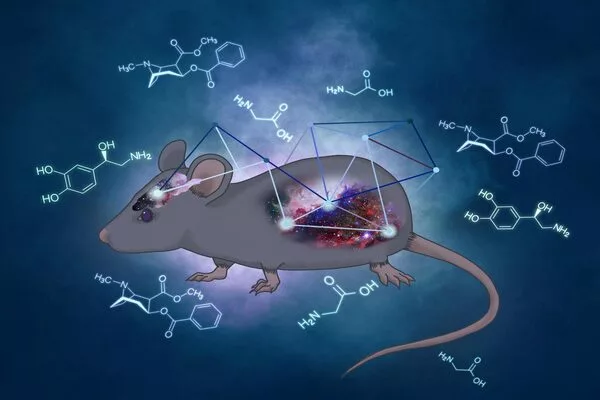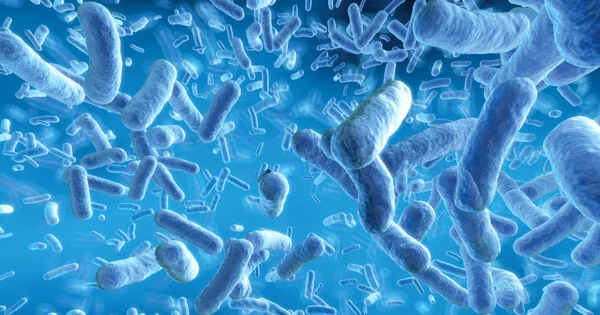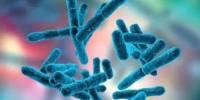Recent studies have shown that gut bacteria can influence the effects of cocaine in mice. The gut microbiome has been shown to affect the metabolism and distribution of drugs in the body, as well as the brain’s response to drugs. In mice, certain types of gut bacteria have been found to increase the rewarding effects of cocaine, while others have been found to decrease them.
Additionally, certain types of bacteria have been found to change the way that the brain responds to cocaine, potentially altering the risk of addiction. These findings suggest that the gut microbiome may play a significant role in the effects of cocaine and other drugs in the body.
Researchers report in the journal Cell Host & Microbe that common gut bacteria can enhance the effects of cocaine in mice. Their research shows how cocaine use promotes the growth of bacteria, which eat up a chemical called glycine, which contributes to normal brain function. As glycine levels fall, mice respond to the drug more aggressively, exhibiting abnormal behaviors such as significantly increased drug-induced locomotion and seeking.
Usually, for neuroscience behaviors, people are not thinking about controlling the microbiota, and microbiota studies usually don’t measure behaviors, but here we show they’re connected. Our microbiome can actually modulate psychiatric or brain-related behaviors.
antiago Cuesta
Furthermore, by reintroducing glycine into the system or using a genetically modified bacteria that cannot use glycine, the mice’s response to cocaine returns to normal levels, demonstrating that this amino acid can act as an addiction-like behavior mediator in animal models.
“I was interested in the gut-brain axis, and I found it very new and exciting,” says first author Santiago Cuesta, a neuroscientist at the University of Wisconsin School of Medicine and Public Health.
Cuesta and colleagues found that when cocaine enters the gut of the mice, it triggers the activation of the QseC protein that aids in the growth of γ-proteobacteria, such as E. coli. These bacteria, fueled by glycine, outcompete the normal gut bacteria that already exist in our digestive tracks, taking up most of the space and resources.

“The gut bacteria are consuming all of the glycines and the levels are decreasing systemically and in the brain,” says senior author Vanessa Sperandio, a microbiologist from the University of Wisconsin School of Medicine and Public Health. “It seems to change glycine overall is impacting the glutamatergic synapses that make the animals more prone to develop an addiction.”
“Usually, for neuroscience behaviors, people are not thinking about controlling the microbiota, and microbiota studies usually don’t measure behaviors, but here we show they’re connected,” says Cuesta. “Our microbiome can actually modulate psychiatric or brain-related behaviors.”
“I think the bridging of these communities is what’s going to move the field forward, advancing beyond correlations towards causations for the different types of psychiatric disorders,” says Sperandio.
















